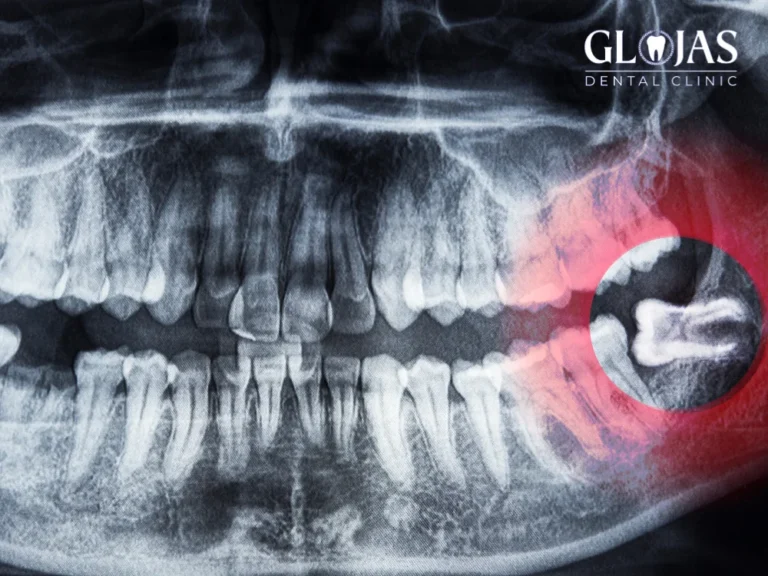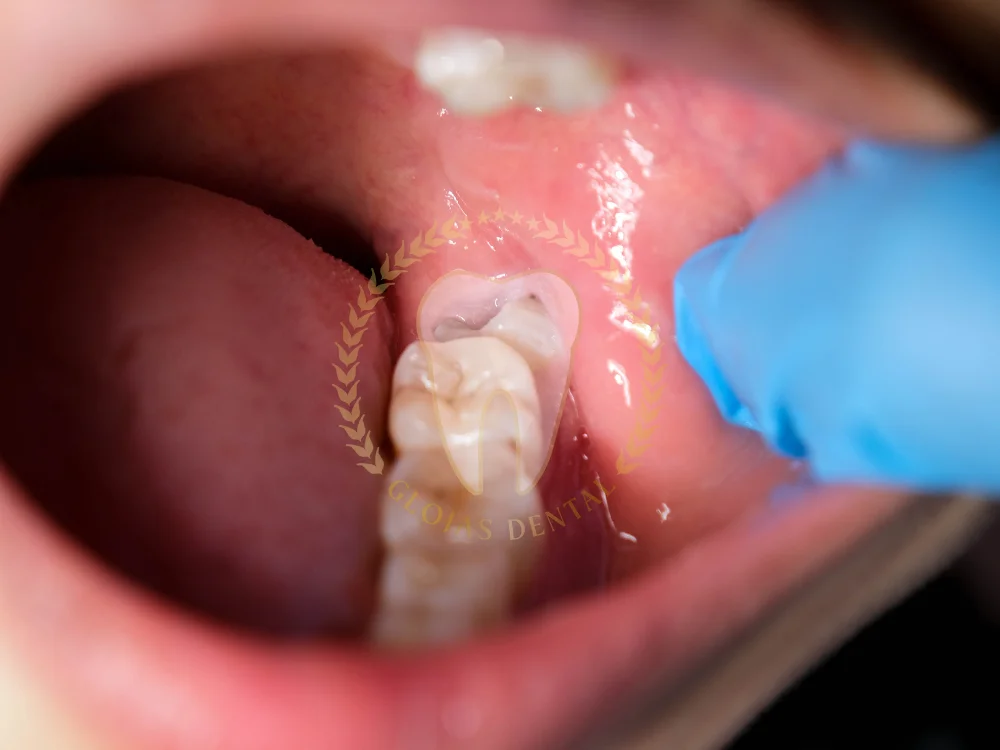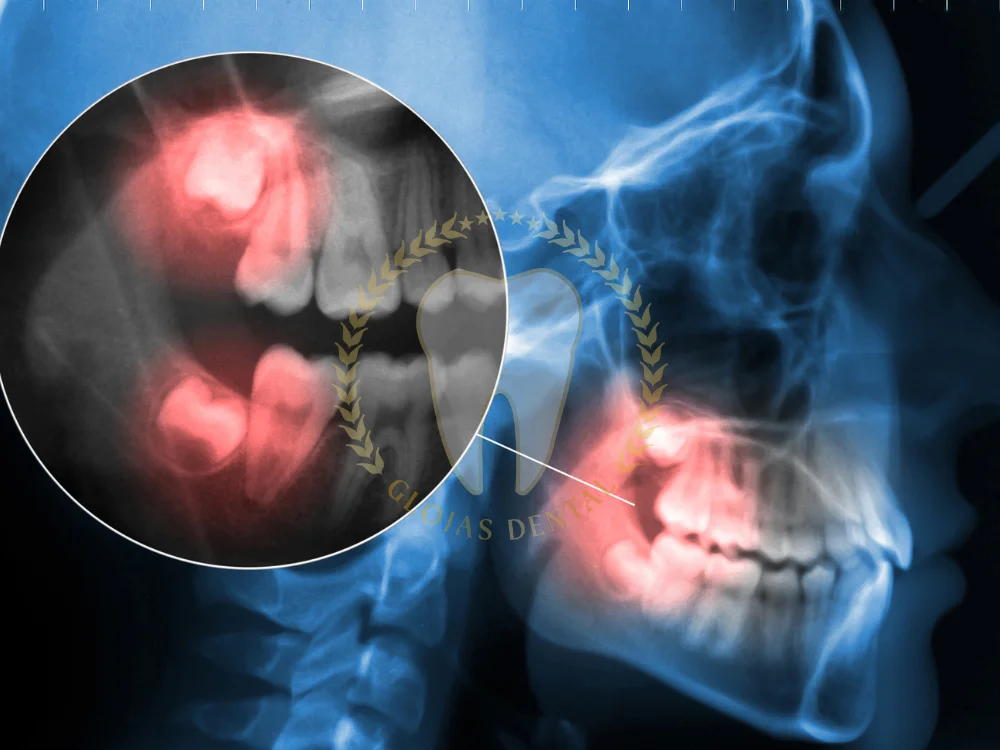Wisdom teeth, the third molars that erupt at the back of the mouth, can often cause a range of dental problems. When these teeth emerge partially or become impacted, they can lead to pain, infection, damage to adjacent teeth, and misalignment of the bite.
Wisdom teeth removal is a common dental procedure performed to prevent these complications and maintain optimal oral health. The decision to extract wisdom teeth is typically based on factors such as the position of the teeth, the severity of symptoms, and the overall oral health of the individual.
In this article, we will delve into the reasons for wisdom teeth extraction, the surgical procedure involved, the recovery process, and potential complications. By understanding the intricacies of wisdom teeth removal, you can make informed decisions about your oral health and alleviate any concerns you may have.
What Are Wisdom Teeth?
Wisdom teeth are the last set of molars that usually emerge between the ages of 17 and 25. While some individuals experience no issues, many encounter problems such as impaction, overcrowding, or infection, making wisdom teeth removal necessary.
Why Do Wisdom Teeth Cause Problems?
- Lack of Space: The jaw often doesn’t have enough room for these late-emerging teeth.
- Improper Alignment: Wisdom teeth can grow at odd angles, pressing against neighboring teeth.
- Partial Eruption: Partially emerged wisdom teeth can trap food, leading to infections.
Signs You May Need Wisdom Teeth Removal
1. Persistent Pain or Discomfort
One of the most common indicators is pain in the back of your mouth. This could be due to impaction or infection.
2. Swelling or Tenderness
Swollen gums around the wisdom teeth may signal inflammation or an abscess.
3. Difficulty Opening Your Mouth
Jaw stiffness or difficulty opening your mouth wide could indicate a serious issue.
4. Repeated Infections
Recurring infections, also known as pericoronitis, often require extraction to prevent complications.
5. Overcrowding or Crooked Teeth
Wisdom teeth can push other teeth out of alignment, affecting your smile and bite.
The Wisdom Teeth Removal Procedure: What to Expect
1. Pre-Surgery Consultation
Your dentist or oral surgeon will evaluate your wisdom teeth through X-rays and determine whether extraction is necessary.
2. Types of Anesthesia
The procedure is typically performed under local anesthesia, sedation, or general anesthesia, depending on the complexity of the extraction and your comfort level.
3. The Extraction Process
- Simple Extraction: For fully erupted wisdom teeth, the process is straightforward.
- Surgical Extraction: For impacted teeth, an incision is made in the gum, and the tooth may be broken into smaller pieces for easier removal.
4. Closure and Recovery
Stitches may be used to close the incision, and gauze is placed to control bleeding. Recovery begins immediately after the procedure.
Top Benefits of Wisdom Teeth Removal
1. Prevents Future Dental Issues
Extracting problematic wisdom teeth can prevent infections, cysts, and damage to neighboring teeth.
2. Reduces Risk of Crowding
Wisdom teeth removal prevents overcrowding, preserving the alignment of your teeth.
3. Alleviates Pain and Discomfort
Say goodbye to the constant ache and swelling caused by impacted wisdom teeth.
4. Improves Oral Hygiene
Removing wisdom teeth makes it easier to clean your back molars, reducing the risk of cavities and gum disease.
5. Protects Overall Health
Untreated wisdom teeth issues can lead to systemic infections or complications like jaw cysts.
How to Prepare for Wisdom Teeth Removal
Before the Procedure
- Follow any dietary restrictions provided by your dentist, such as fasting before anesthesia.
- Arrange for transportation, as you may feel groggy after the surgery.
What to Bring
- Insurance information
- Comfortable clothing
- Any medications prescribed by your dentist
Recovery After Wisdom Teeth Removal
1. Managing Pain and Swelling
- Use over-the-counter pain relievers or medications prescribed by your dentist.
- Apply an ice pack to reduce swelling during the first 24 hours.
2. Diet During Recovery
Stick to soft foods like soup, yogurt, and mashed potatoes for the first few days. Avoid hot, spicy, or crunchy foods that may irritate the extraction site.
3. Oral Hygiene Tips
- Avoid brushing near the extraction site for the first day.
- Rinse gently with warm salt water after meals to keep the area clean.
4. Watch for Complications
Signs of dry socket or infection include severe pain, bad breath, or prolonged bleeding. Contact your dentist if you experience these symptoms.
Wisdom Teeth Removal Cost
The cost of wisdom teeth removal varies based on factors such as the number of teeth being removed, the complexity of the procedure, and your location.
- Simple Extraction: $75–$200 per tooth
- Surgical Extraction: $225–$600 per tooth
Some dental insurance plans cover part of the cost, so check with your provider for details.
Frequently Asked Questions (FAQs)
1. What is the recovery time for wisdom teeth removal?
Recovery typically takes 1–2 weeks, with most people resuming normal activities within a few days.
2. Is wisdom teeth removal painful?
The procedure itself is painless due to anesthesia. Post-surgery discomfort can be managed with painkillers and proper aftercare.
3. Can I avoid wisdom teeth removal?
If your wisdom teeth are healthy, fully erupted, and causing no issues, removal may not be necessary. Regular dental checkups are essential for monitoring them.
4. What are dry sockets, and how can I avoid them?
Dry sockets occur when the blood clot at the extraction site dislodges, exposing the bone. Avoid drinking through straws, smoking, or vigorous rinsing to prevent this complication.
5. How long do I need to avoid solid foods after wisdom teeth removal?
Soft foods are recommended for the first 3–5 days, gradually reintroducing solids as your healing progresses.
6. Do I need all four wisdom teeth removed?
Not always. Your dentist will assess each tooth and recommend removal only if necessary.
Conclusion
Wisdom teeth removal is a common dental procedure that can alleviate pain, prevent future dental problems, and improve oral health. While the recovery process may vary from person to person, following post-operative care instructions and maintaining good oral hygiene practices can significantly contribute to a smooth and speedy recovery.
If you’re experiencing wisdom tooth pain or discomfort, it’s essential to consult with a qualified dentist to determine the best course of action. By addressing wisdom tooth issues early on, you can prevent complications and maintain a healthy, beautiful smile.
Remember, a proactive approach to oral health is key. Regular dental check-ups, proper oral hygiene, and timely intervention can help you avoid more serious dental problems in the future.



